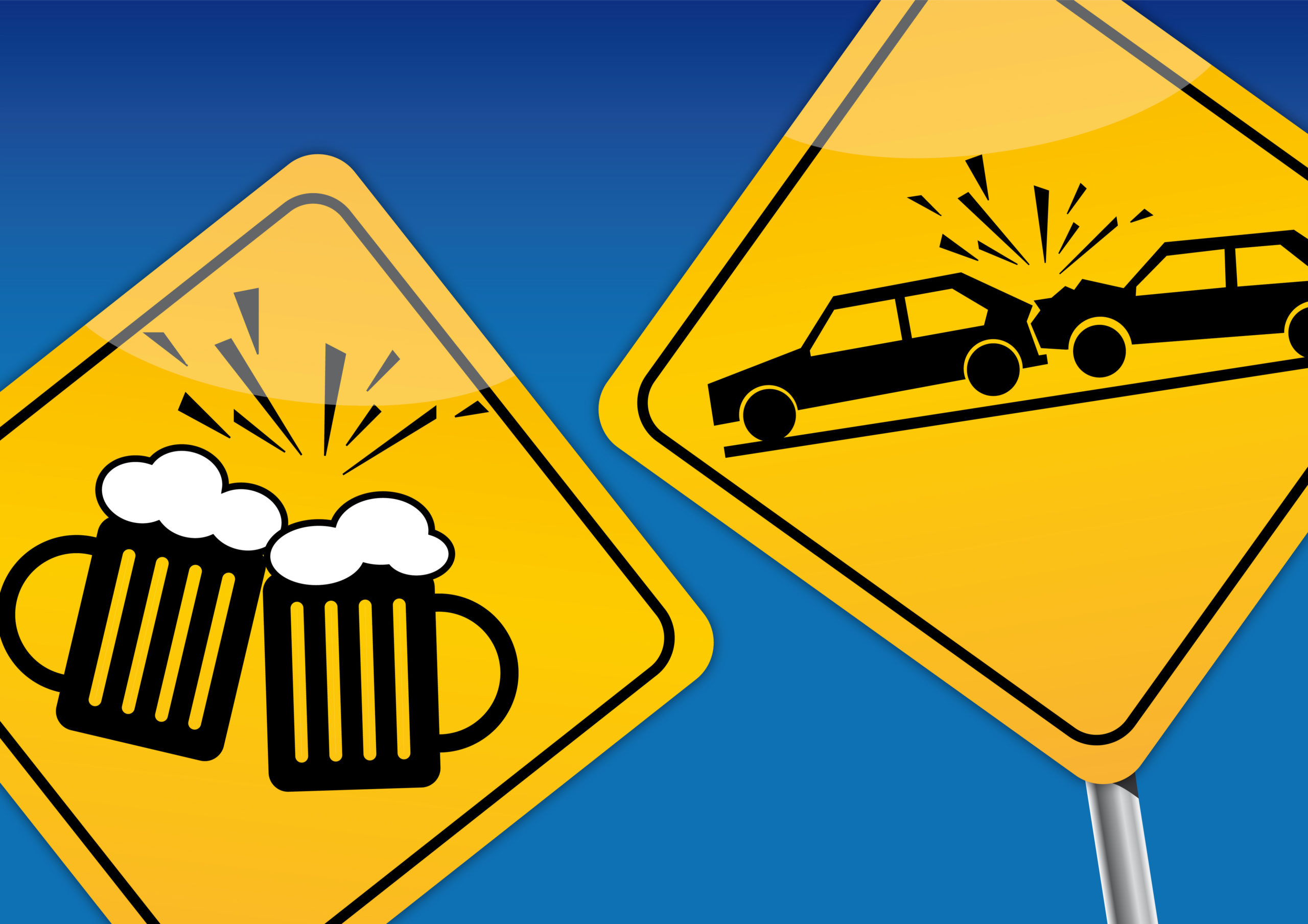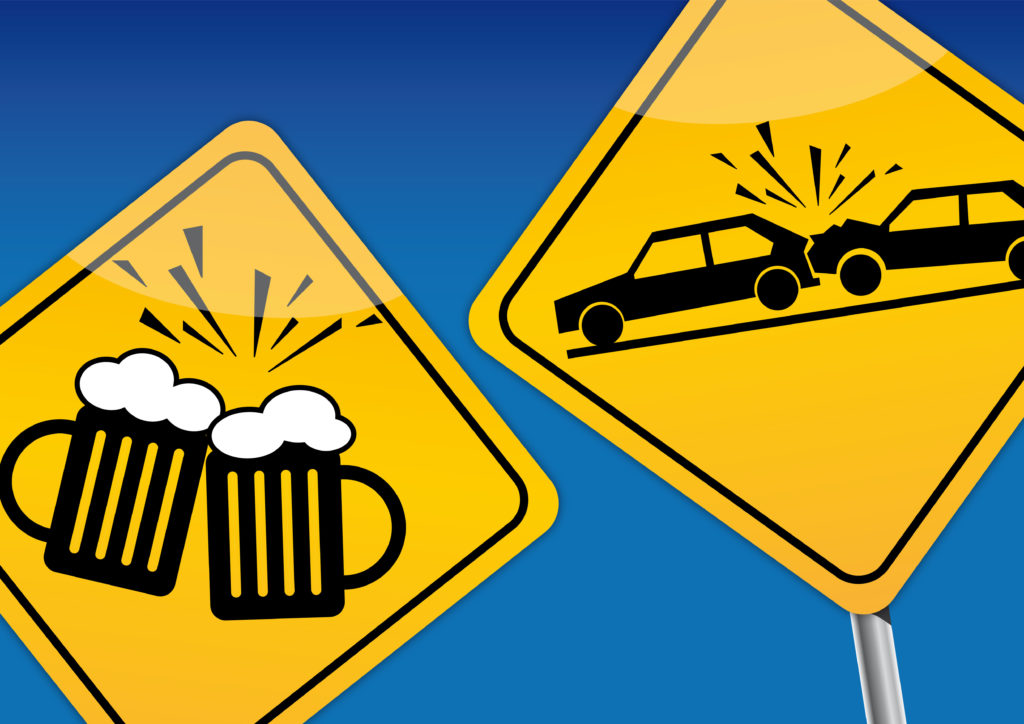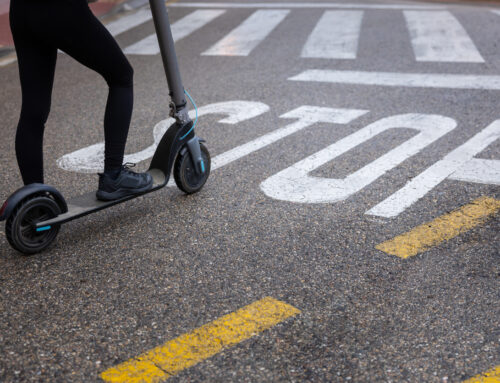How Parents Can Discourage Teenage Drunk Driving


Parents need to take the wheel when it comes to teenage impaired driving because your child’s life depends on it. Motor vehicle crashes are the leading cause of death for teens in the United States, according to the Centers for Disease Control and Prevention (CDC). Experts also say that 15 percent of those deadly crashes involved teenage drivers with a blood alcohol level (BAC) of 0.08 percent or higher.
Unfortunately, there’s no magic bullet to keeping kids safe, so parents need to attack the problem of teenage drunk driving from many different angles. Here are some ways parents can keep teens safe on the road of life.
Say It Loud and Clear
Don’t mince words when it comes to communicating rules and consequences about teenage drunk driving in your home. Researchers say kids are listening, and your words can have a positive effect on their decision to drink and drive. A recent study found that high school seniors whose parents had expressed disapproval for drunk driving were 30 percent less likely to drink and drive four years later and 20 percent less likely to get into a car with an impaired driver one year later.
Make sure teens understand the legal consequences of making a terrible decision to drink and drive. It’s illegal for anyone under the age of 21 to drive with any amount of alcohol in their system. Having an arrest and possible conviction on their record for driving while impaired (DWI) could make it more difficult to get into college. If they were already accepted and received a scholarship, the school could take away financial aid. Not to mention, they could die in a wreck or kill someone else.
Talking to teens about underage drinking and driving is a serious subject, and starting that first conversation may be difficult. Check out our list of conversation starters to talk to your teen about alcohol. Once you know what you want to say, choose a time when you both can sit down and have a calm and rational discussion about the dangers of underage drinking and driving, and the consequences of breaking the rules in your family. Don’t forget to check in with your teen and continue the conversation, so they understand it’s a serious subject with real-world consequences.
Don’t Be Afraid to Enforce the Rules
If you have a nagging suspicion that your teen was out drinking with friends and then got behind the wheel of a car, don’t ignore your parental instincts that could save your child’s life. Signs that someone has been drinking include the smell of alcohol on their breath, red or glazed eyes, slurred speech, and stumbling. We understand that you want to trust your teen, but trust is earned. Ignoring their risky decisions could send the wrong message to your teen.
Put It In Writing
Create a safe-driving contract when your teen first gets their driver’s license. In addition to obeying the rules of the road, this agreement should also include a promise not to drink and drive or to get into a vehicle with another driver who’s intoxicated. Post your contract on the refrigerator or other visible location in your home as a reminder of the family agreement.
Create a Family Plan
Once you’ve set the ground rules, it’s time to give teens the tools to succeed. When they’re at home, they may agree with your rules to avoid impaired driving, but when they’re out with friends, teenage peer pressure could push them in the wrong direction.
Talk to your teen about potential situations where they may feel pressured to drink and drive; or to get into a car with a driver who’s been drinking. Create a family plan to help them navigate sticky situations with their friends without losing face. A plan that uses a simple text message could work for your family.
The X-Plan was developed by a father who also works with young people who are recovering from alcohol and drug addictions. The plan is as straightforward as it sounds. If your child wants to get out of a bad situation, all they do is text you the letter “X.” This is a signal to you to call your child with a previously agreed-upon message. It can be something as simple as, “Morgan, something’s come up, and I’m on my way to get you right now. I’ll be there in a few minutes.” The goal should always be to get kids home safely.
Set a Good Example for Your Teen

Kids watch and learn from their parents, so make sure they’re not picking up any bad habits from you. Teens see when you’re speeding, texting while driving, or having a few glasses of wine with dinner and then hitting the road. Drinking and driving is a deadly serious subject that must be addressed in your household.
Set a good example for your teen by Taking the Pledge with them to stop underage drinking. The Pledge is a promise between you and your teen to make good decisions regarding alcohol, including not driving while impaired. It’s also a promise to keep the lines of communication open and to continue to talk about preventing underage drinking and anything else that’s on their mind. Preventing teenage drunk driving can be tough work, but the health and safety of your teen are worth it.



